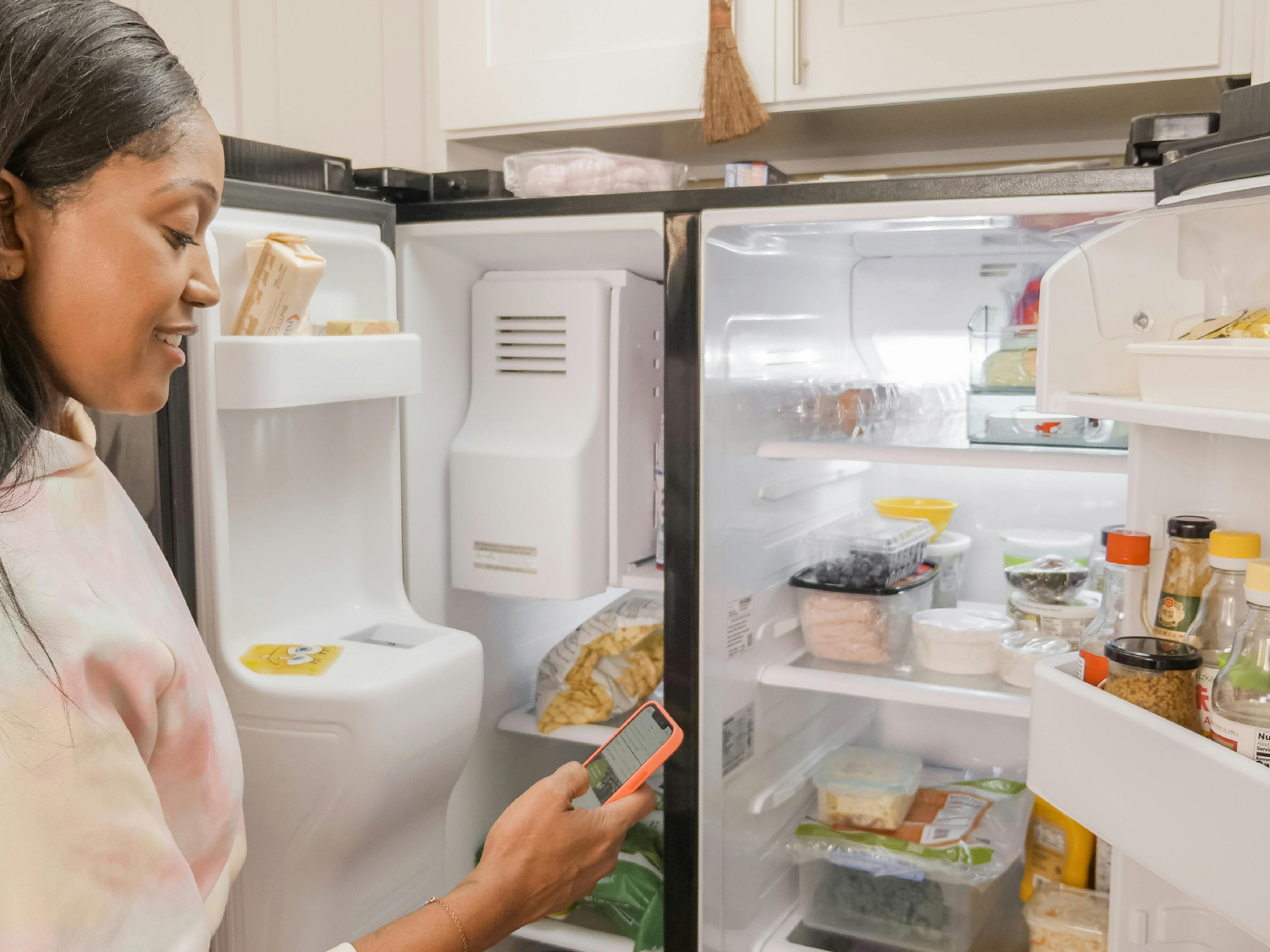Old cooling devices like refrigerators, air conditioners and foam used to insulate buildings often contain coolants or chemical blowing agents with F-gases. These ‘ODS’ banks generate a high output of climate-damaging emissions. The project supports its partners in establishing procedures for the recovery, collection and disposal of ODS. As a first step, analyses of the framework conditions, the policy instruments and an inventory of the ODS banks are initially carried out. Building on this, the project formulates national roadmaps that include recommendations on policy measures, sustainable financial mechanisms and a recycling and destruction infrastructure. To implement these recommendations, the project supports help-to-self-help activities and workshops with stakeholders. A technology cooperation component also assesses the capacity for the environmentally-friendly management and destruction of ODS banks and supports the cooperation.
